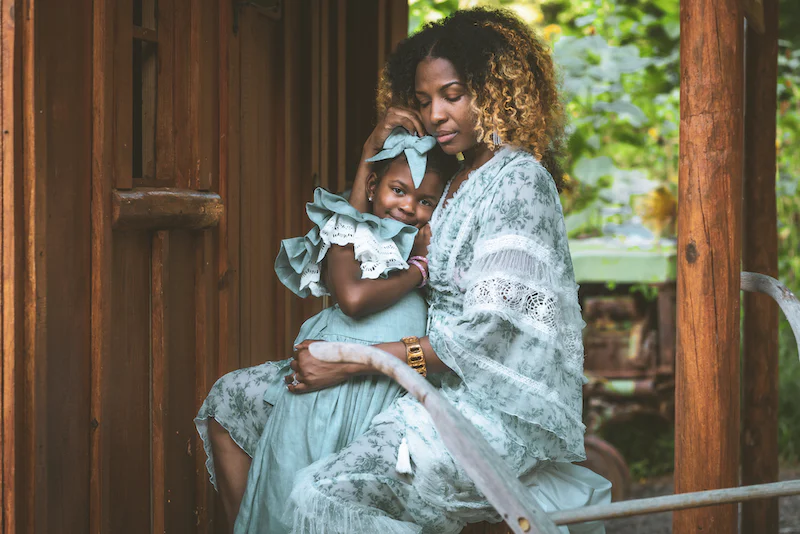For many new mothers, the first few weeks after giving birth can be a time of mixed emotions. While there is joy, love and fulfilment in bringing a new life into the world, it can also be a period of stress, anxiety and hopelessness. Postpartum depression and anxiety, also known as the baby blues, are common conditions that affect up to 20% of new mothers. Understanding and coping with postpartum depression and anxiety can help new moms navigate the challenges of motherhood with confidence and ease.
The baby blues are mood swings that usually affect new mothers within the first weeks after giving birth and can last for up to a month. However, if the symptoms persist or worsen, it may be a sign of postpartum depression or anxiety. Symptoms can include feelings of sadness, hopelessness, guilt, and worthlessness. Other symptoms are changes in appetite, sleep patterns/ sleep difficulty, and difficulty concentrating. Women may also experience anxiety, panic attacks, and obsessive-compulsive behaviours.
Postpartum depression and anxiety are more severe and can have a significant impact on a mother’s life. If you’re a new mother experiencing postpartum depression and anxiety know that you’re not alone and that there are other mothers who have struggled and overcame this. When dealing with this it is important to seek help or join a support group.

Coping with baby blues also involves adopting healthy habits that can help alleviate the symptoms. These include:
1.
Self-care: New mothers should prioritize self-care and make time for activities that they enjoy.
2.
2.
Build a strong support system: It is important for new mothers to have a support system in place that they can rely on for emotional and practical support. This may include your spouse, parents, siblings, friends and support groups.
3.
Getting enough rest: Sleep is crucial for new mothers, and getting enough rest can help alleviate symptoms of postpartum depression and anxiety. It’s okay to take a break from baby care responsibilities and ask for help from others.

4.
Seek a medical professional: you can speak about your symptoms to a medical professional who can provide a diagnosis and treatment options like medications and therapy.
5.
Connect with other moms: Joining a mother’s group for new moms can help create a sense of community and support.
6.
Stay informed: Learning about postpartum depression and anxiety can help new mothers identify symptoms and seek help when needed.

7.
Exercise: Even though new mothers may put exercise on the back burner, research shows that it can be beneficial to those who are dealing with anxiety and postpartum depression.
8.
Eat healthy meals: Remember that your stomach and brain are closely related! Your brain won’t work at its best if you’re not eating right. And staying hungry for long hours takes a toll on mental health.
The baby blues are a common experience for new mothers, and it is important to recognize when symptoms become more severe and require professional help. By understanding and coping with postpartum depression and anxiety, new mothers can navigate the challenges of motherhood with confidence and support. Remember, it is okay to ask for help and support during this time.

